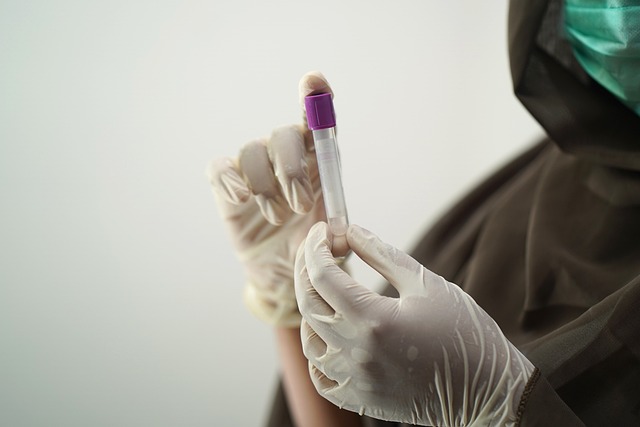In many regions, especially in Nigeria and other parts of Africa, typhoid fever is often a common diagnosis for individuals experiencing symptoms like fever, headache, abdominal pain, and general weakness. However, not every fever, headache or stomach upset is due to typhoid. Misdiagnosing illnesses as typhoid can lead to unnecessary antibiotic use, delay appropriate treatments, and worsen the patient’s condition over time. This article explores why it’s essential to avoid automatically assuming typhoid and emphasizes the importance of accurate diagnosis.
1. Understanding Typhoid Fever and Its Symptoms
Typhoid fever, caused by the bacterium Salmonella typhi, is a serious bacterial infection that can lead to high fever, abdominal pain, headache, weakness, and, in some cases, rash, confusion or intestinal perforation. It is primarily transmitted through contaminated food and water, particularly in areas with poor sanitation. However, the symptoms of typhoid fever can overlap with other common infections or blood parasites like Malaria, leading to frequent misdiagnoses.
2. Common Conditions Misdiagnosed as Typhoid
Several other infections and conditions have symptoms similar to typhoid, which makes it challenging to differentiate without testing. Some of these include:
- Malaria: Common in areas where typhoid is also prevalent, malaria can cause fever, chills, and fatigue. It’s a parasitic infection that requires specific treatment, not antibiotics.
- Gastroenteritis: Also known as stomach flu, gastroenteritis can cause diarrhea, abdominal cramps, nausea, and vomiting, which may be mistaken for typhoid symptoms.
- Urinary Tract Infections (UTIs): UTIs can present with fever, abdominal pain, and even general fatigue, similar to typhoid.
3. Risks of Misdiagnosing Typhoid
When patients are treated for typhoid without confirming the diagnosis, it can lead to several issues:
- Antibiotic Resistance: Typhoid fever is typically treated with antibiotics. However, unnecessary use of antibiotics contributes to the growing problem of antibiotic resistance, making future infections harder to treat.
- Delayed Correct Treatment: Misdiagnosing other conditions as typhoid can delay the accurate treatment, allowing the actual illness to worsen.
- Increased Healthcare Costs: Patients undergoing incorrect treatments may face prolonged symptoms and the added costs of multiple doctor visits, tests, or treatments.
4. Importance of Diagnostic Testing
Accurate diagnostic tests are critical in determining whether an individual actually has typhoid or another illness. Some key tests include:
- Blood Culture: This test identifies the presence of Salmonella typhi in the bloodstream, confirming a typhoid diagnosis.
- Widal Test: Although widely used, the Widal test can sometimes yield false positives. It should be interpreted cautiously, especially in endemic regions. Hence Widals is not recommended as a test for Typhoid anymore.
- Stool and Urine Tests: These can help confirm the presence of Salmonella typhi, particularly in individuals showing gastrointestinal symptoms.
It’s essential for healthcare providers to rely on these diagnostic tools rather than relying solely on symptom observation.
5. Encouraging Patients to Seek Accurate Diagnosis
Patients can play an active role by requesting testing before starting treatment. Awareness is vital; understanding that not every fever or abdominal discomfort is due to typhoid can help prevent misdiagnosis.
6. Final Thoughts: Towards a Better Health Outcome
Recognizing that “it’s not always typhoid” is key to improving healthcare outcomes. Accurate diagnosis not only ensures that patients receive the right treatment but also reduces the risk of complications, antibiotic resistance, and unnecessary healthcare expenses. By promoting awareness and encouraging testing, Mascot Healthcare aims to empower individuals to make informed healthcare decisions and receive the best possible care.
At Mascot Healthcare, we prioritize accurate testing and diagnosis for each patient, ensuring tailored, effective treatments for a healthier future.
